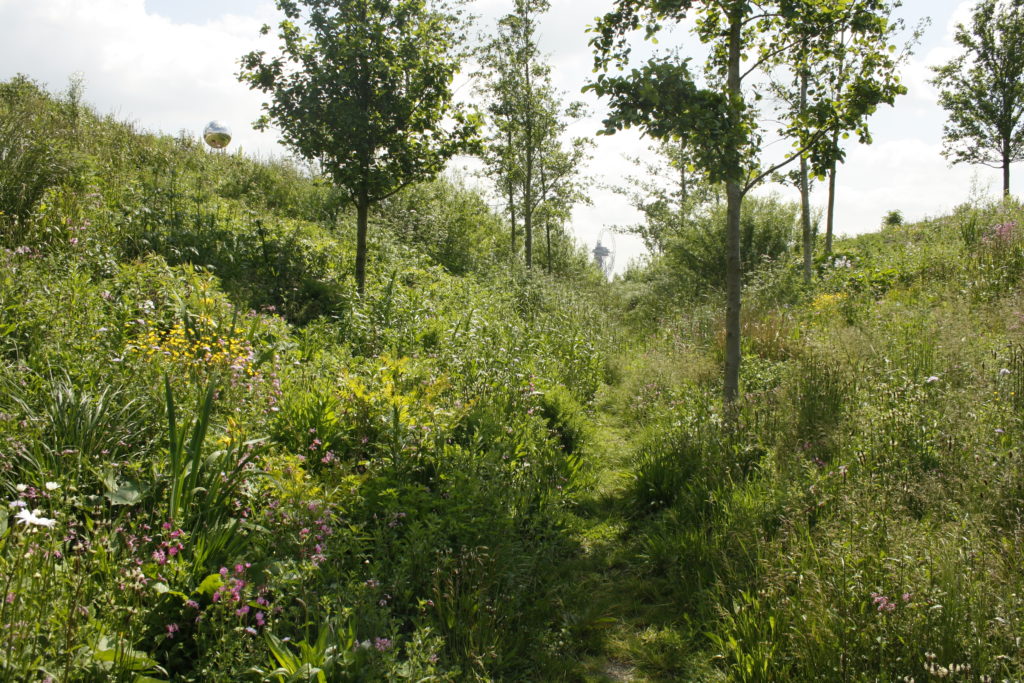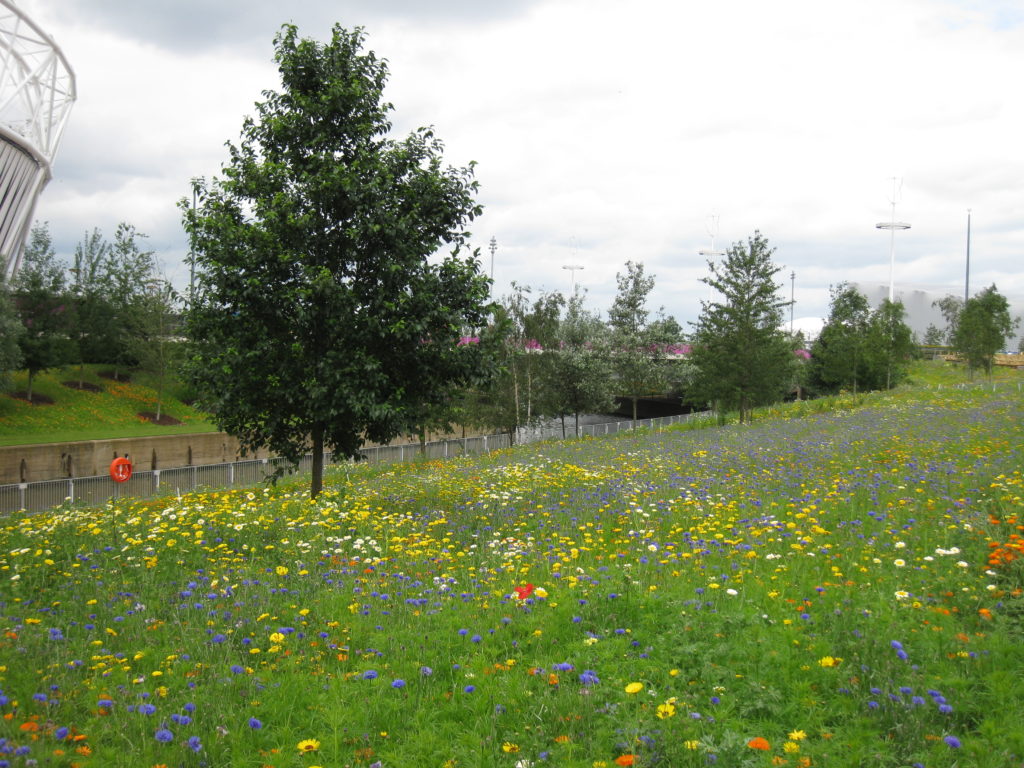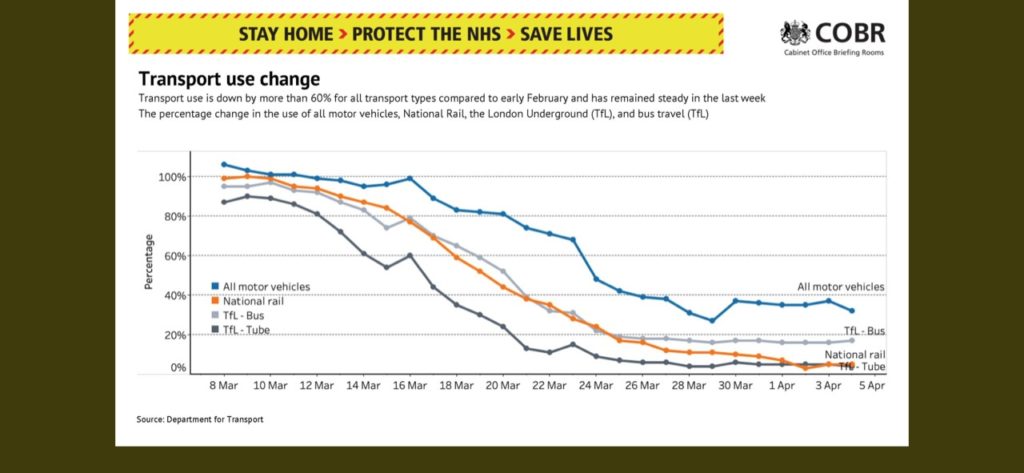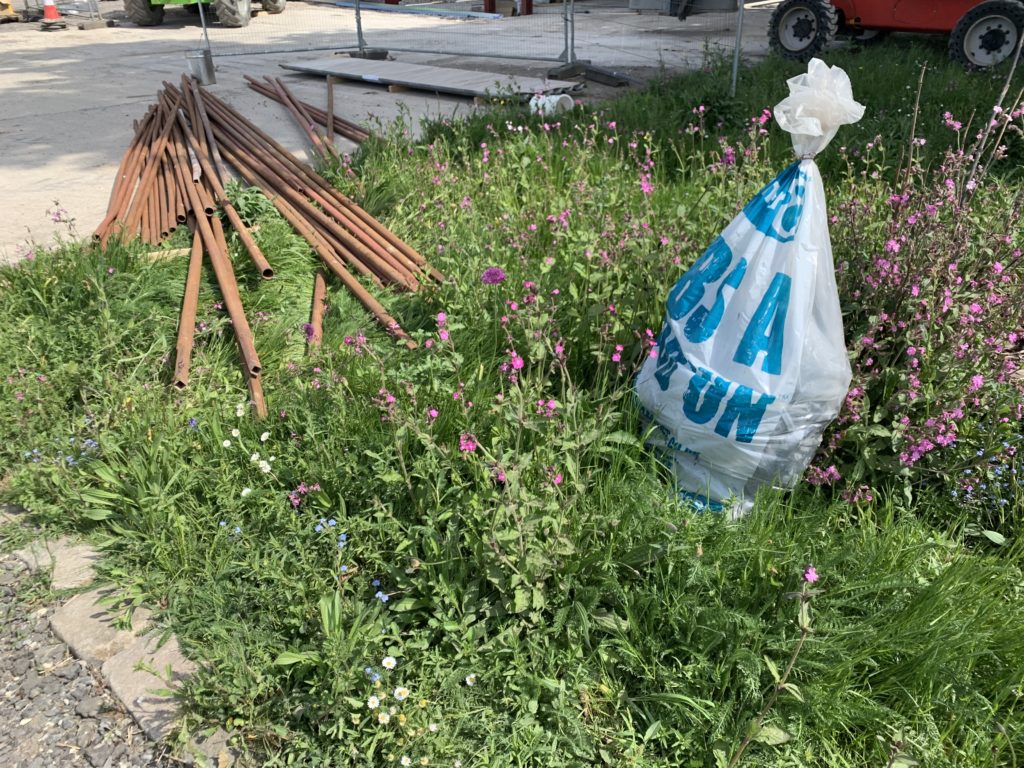In 1970, Joni Mitchell prophetically sang, “you don’t know what you’ve got till it’s gone”, and never has this statement held more truth. COVID-19 has infiltrated our communities and impacted on virtually every aspect of our lives.
With the country still under lockdown, having access to green space has become an increasingly important part of our days and the UK population has sought out the natural landscape as a means of adding calm and creating some solace at what has been a challenging time for everyone.

The impact of outdoor space on health and wellbeing has long been documented. When public green spaces were officially designated in the 19th century, never would our forebears have imagined how crucial these areas would become in helping to buffer the effects of a pandemic in 2020.

If nothing else, the current situation teaches us that it is possible to make huge changes to the way we impact on, and interact with, the world we inhabit. Restrictions on travel, work and industry have meant emissions have decreased dramatically.

The cost has been high, but COVID-19 has highlighted what can be achieved to benefit the environment and understand its true value. What can we, in the Landscaping Industry, do to ensure this awareness is capitalised on and taken forward?
As landscaping professionals, we have a huge opportunity to contribute to the future and never before has our ability to influence and educate been so important. It is within our grasp to shape how future landscapes evolve.
Biodiversity and the need to rigorously address climate change will become the pillars of future landscaping design. Policy is changing to accommodate this as we are seeing with the Biodiversity Net Gain initiative. But as an industry, we cannot be disappointed if we do not present these benefits and highlight the value we add to projects in an accurate and robust way. COVID-19 has highlighted that our industry is not the least important sector of a project, but rather the most important. The recent series of ProLandscaper Summits has also reiterated this.
To press home this message perhaps we need training to convey the benefits of the landscape on health, biodiversity and climate? Is there enough scientific research on, for example, carbon capture and biodiversity improvement? As an industry, are we communicating and explaining these critical benefits and values to customers?

To conclude with an example, we have recently replaced an old barn. Two years ago, we planted a small wildflower meadow near the barn and as part of the recent works undertaken, scaffolding was stored on top of the wildflowers with no thought given to them.

Would a perfectly manicured lawn, offering much less in the way of biodiversity, have been treated with the same level of disregard? A mind-shift is needed as the world slowly reawakens to a new normal. It is my firm belief that this mind-shift is achievable. To quote Einstein, “We can’t solve problems by using the same kind of thinking we used when we created them.”